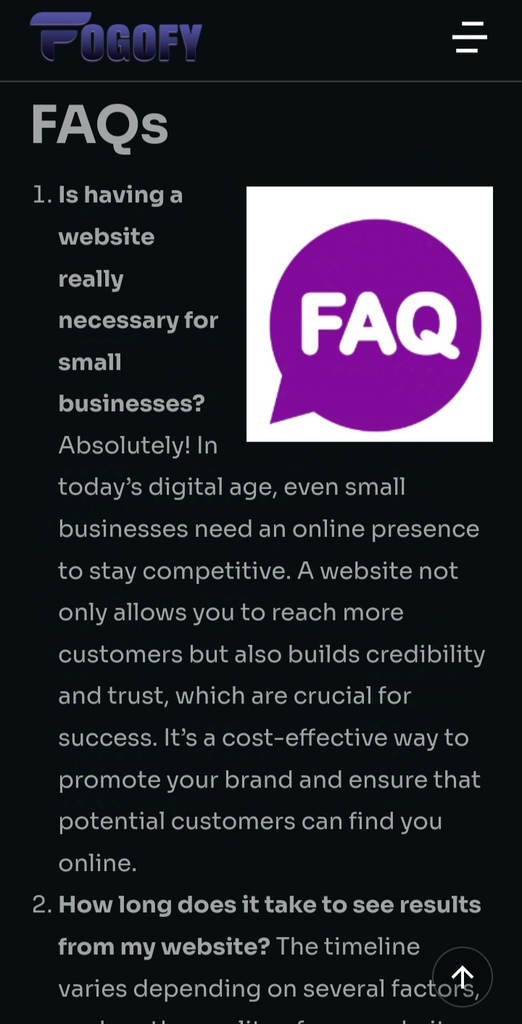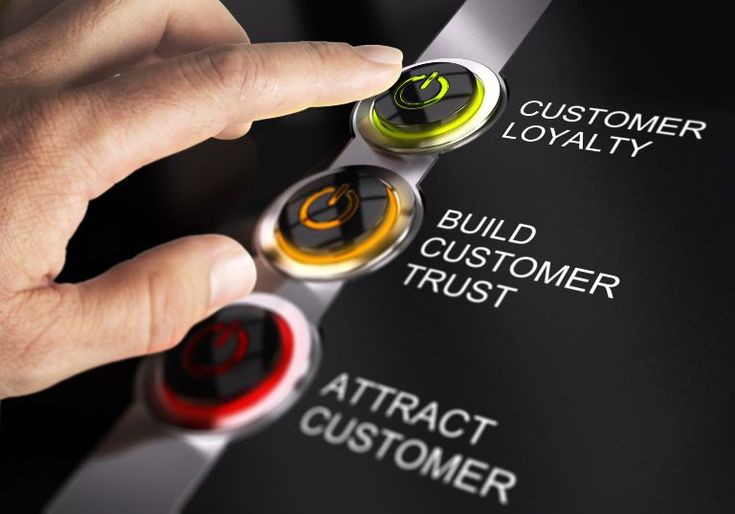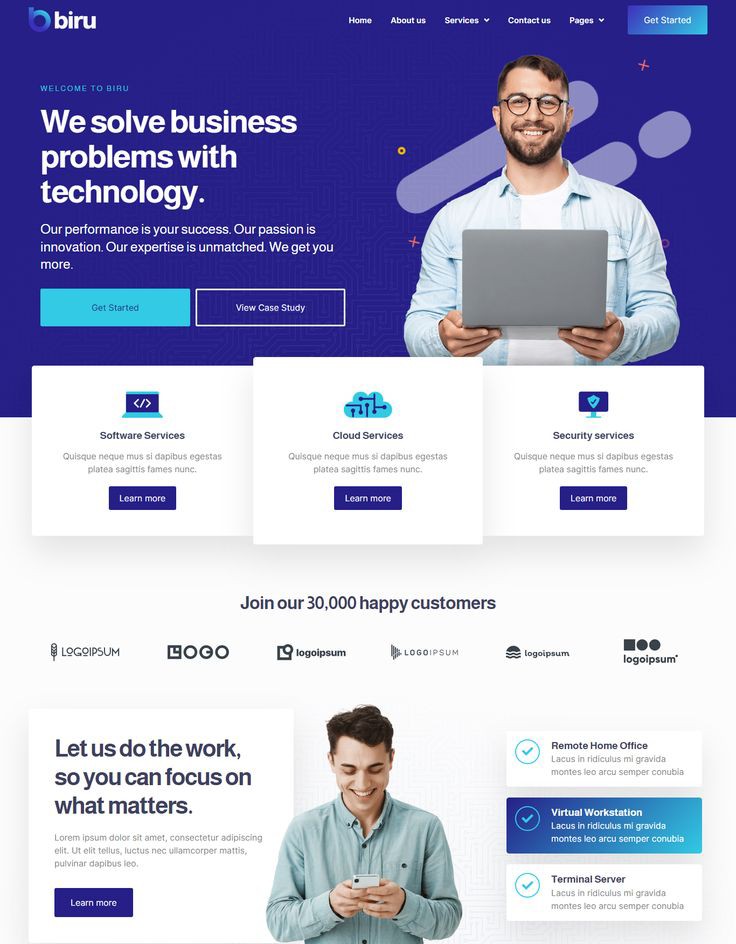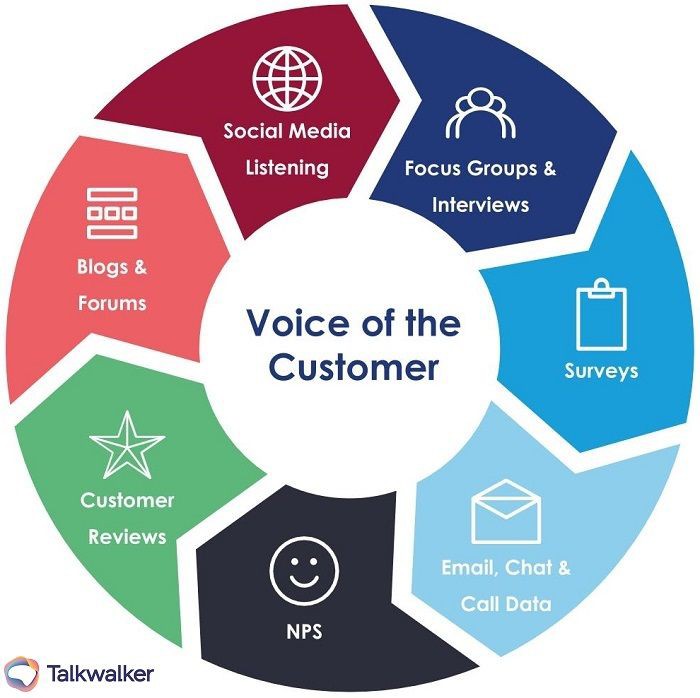Imagine your business as a bustling city. There are multiple streets, shops, and offices representing different parts of your operations—marketing, customer service, product info, and more. Now, what if all those elements could be efficiently located in one central square, making it easier for visitors to navigate? That’s exactly what your website does for your business. It acts as the hub, bringing everything together in one easily accessible place.
In a world where customers expect quick, clear information, a website serves as the ultimate destination for all things related to your brand. Let’s dive into how centralizing business information on your website can transform customer experiences, streamline operations, and support long-term growth.

The Role of a Website as Your Digital Headquarters
Your website isn’t just another piece of the marketing puzzle—it’s the heart of your digital presence. From your brand’s story and values to detailed product descriptions, every piece of information flows into this central hub. A well-constructed website gives users a seamless experience, making it easier for them to find what they need without searching multiple platforms.
Streamlining Communication and Customer Interaction
When customers have questions, they often turn to websites first for answers. Whether it’s operating hours, contact details, or troubleshooting information, having everything centralized saves time for both your customers and your team. Instead of juggling phone calls or emails, your website provides an efficient self-service option.
A Consistent Message Across All Channels
One of the key benefits of centralizing information on your website is maintaining consistency across all communication channels. Whether a customer finds you through social media, email campaigns, or an online ad, they should always land on a website that mirrors the same message and information. It ensures brand clarity and eliminates confusion.
Showcase Products and Services in One Place
Gone are the days when potential customers had to browse multiple sources to learn about your offerings. With a website, all your products or services can be listed in one place, with detailed descriptions, images, and even customer reviews. This not only improves customer experience but also makes it easier for them to make purchasing decisions without leaving your site.
Easy Access to Key Resources
Your website can house important resources like blogs, whitepapers, and tutorials that educate and inform your audience. Having these materials available on a centralized platform boosts your credibility as an expert in your field. Plus, with everything in one place, users are more likely to explore additional resources while they’re on your site.
Integrating Customer Support Features
A centralized website can offer support through live chat, FAQs, or knowledge bases. These features enhance customer satisfaction by providing quick solutions without the need for direct contact. Whether it’s troubleshooting guides or how-to videos, everything can be easily accessible on your website, creating a better experience for users.

Data Management and Analytics
By centralizing your business information on a website, you also gain access to valuable data on how users interact with your content. Website analytics help you track customer behavior, identifying which pages they visit most and where they might be dropping off. This data can inform future strategies and help improve user experience over time.
SEO Benefits: Making Your Website a One-Stop Shop
Centralizing information also helps with search engine optimization (SEO). When all of your key business details, content, and resources are in one place, search engines can more easily crawl your website and rank it for relevant queries. This boosts your visibility and helps potential customers find you faster.
Improved Customer Trust and Transparency
Customers appreciate transparency, and a website that offers clear, comprehensive information builds trust. When users can find everything they need about your business—be it pricing, return policies, or product details—they’re more likely to feel confident in choosing your brand over a competitor’s.
Conclusion: The Power of a Centralized Website
Your website is more than just a landing page; it’s the central hub where customers, partners, and employees can access everything they need to know about your business. By centralizing information, you simplify user experience, improve communication, and strengthen your brand’s presence online. As a one-stop destination for your business, a well-structured website will continue to serve as a crucial tool for growth and customer engagement.
FAQs

- Why should I centralize business information on my website? Centralizing information on your website streamlines communication, provides consistent messaging, and ensures that customers can easily access key details about your products or services without confusion.
- Can my website help with customer service? Absolutely! By integrating features like live chat, FAQs, and knowledge bases, your website becomes a self-service tool that helps customers find answers quickly, reducing the need for direct contact.
- Does having everything on my website improve SEO? Yes, search engines favor websites that provide comprehensive, organized content. Centralizing your business information helps improve your site’s SEO ranking, making it easier for customers to find you online.
- How does a website build customer trust? A well-structured website offers transparency by providing clear, detailed information on products, services, policies, and more. This transparency builds trust and encourages customers to engage with your brand.
- What resources should I centralize on my website? You should centralize product descriptions, customer support resources (FAQs, guides), contact information, and key marketing materials like blogs, case studies, and testimonials to offer users a complete experience.








